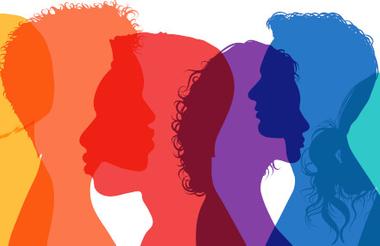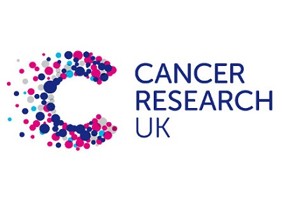Charities scored the highest when 100 organisations were assessed on their diversity, inclusion, responsibility and humanity, a new study has found.
Kin + Carta’s Business Resilience Index 2021 analysed 100 large companies, B Corp businesses and charities to measure their agility, maturity, responsibility and humanity following the pandemic.
The research split the organisations into 10 sectors and overall charities got the highest score with 50%. British Red Cross was the highest individual organisation with a score of 63.8%.
Charities scoring well
In terms of diversity metrics, British Red Cross, NSPCC, British Heart Foundation and National Trust scored highest out of the 100 businesses. Diversity was measured by diverse leadership, the gender pay gap in the business, B Corp certification and its philanthropy efforts.
Responsibility as a resilience performance indicator was measured by evidence of diversity and inclusion, using business as a force of good, environmental sustainability and impactful charity programmes. Charities came out on top in this category.
Despite charities scoring top in diversity, recent stories suggest there is still a lot of room for improvement in the sector. For example, CRUK “fell short” of its racial diversity targets this year and Macmillan made a point of addressing “its problem with diversity”. Notably, responsibility was the lowest scoring factor for brands across the index.
The average business scored 7.73% for the responsibility metric - yet British Red Cross scored 22.9% out of a possible 25%.
The report commended the charity for “leading on climate change transparency and performance” in particular.
Laura Roxburgh, senior director of people for the British Red Cross, told Civil Society News: “Like all organisations Covid-19 has been a huge challenge requiring us to change and adapt at speed to the needs of our service users, staff and volunteers, donors and supporters.
“To be rated so highly for our human focus and our approach to diversity, inclusivity and sustainability is a huge encouragement to all of us. There’s always more to do and we’re really pleased to have been recognised in this way.”
Humanity and agility
Humanity is the only category in which no business scored top marks. This metric looked for evidence of human and connected leadership, as well as treating customers and employees in human ways.
Charities like British Heart Foundation, Unicef and Cancer Research scored the highest.
Kin + Carta reported these charities displayed high levels of transparency and positive staff feedback on multiple channels including Glassdoor. Critically, the report notes that though charities score the highest, they lack a conversational tone of voice and fail to offer fully-inclusive digital touchpoints that make a consumer experience more human.
To combat this, Kin + Carta suggested charities should adapt copy and content to be more personable and improve site loading speeds.
Agility section of the 36-page report
The exempt charity the National History Museum was used as an example of an adaptable business, as they reacted to the pandemic by pivoting to online experience which enabled access to people who could not physically attend the museum.
Our experts believe that the future is digital, sustainable and inclusive for successful organisations.
— Kin + Carta Europe (@kinandcarta_eu) November 23, 2021
Find out why, how you measure up and the actions you can take.
💡 Download the Business Resilience Index 2021: https://t.co/AtP8h4I0gb#DigitalTransformation #Sustainability
Conclusion
Claire Robinson, customer experience director at Kin + Carta Europe, said: “Charities have been able to avoid the worst impacts of 'The Great Resignation'. The message is clear for the private sector - invest in diverse, flexible and inclusive working environments to attract and retain talent.”
Kin + Carta concluded that the leading businesses in the report “are driven by purpose [and] their success founded on consumer trust.
“Companies with high Maturity (digitisation, connectedness and visibility) and Humanity (human-centricity, human tone of voice) are more easily able to create consistent platforms to ensure all customers receive joined-up experiences between offline and online channels, which ultimately cements brand trust, loyalty and advocacy.”
The digital technology company said that British charities are leading the way in diversity & inclusion, and that the findings represent a “strong charity presence across the leaderboard.”
Related articles












